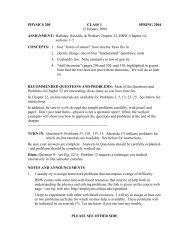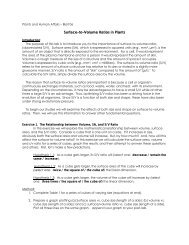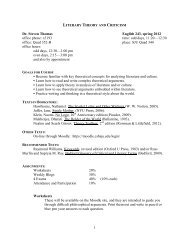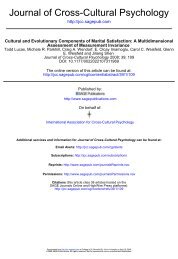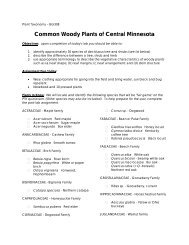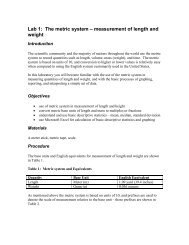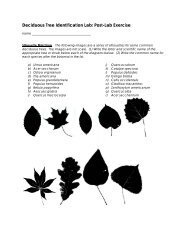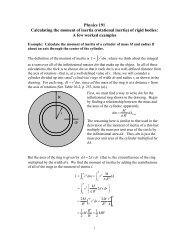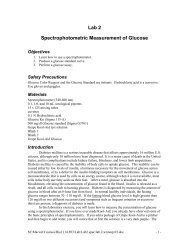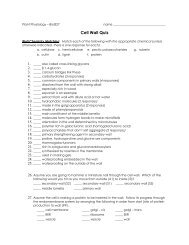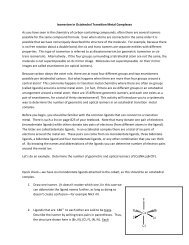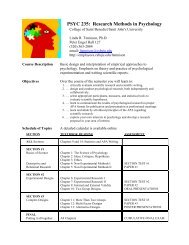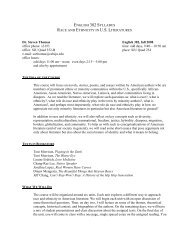Karl Marx Economic and Philosophical Manuscripts of 1844 Wages ...
Karl Marx Economic and Philosophical Manuscripts of 1844 Wages ...
Karl Marx Economic and Philosophical Manuscripts of 1844 Wages ...
Create successful ePaper yourself
Turn your PDF publications into a flip-book with our unique Google optimized e-Paper software.
13if it is low, then it is much in supply; “the price <strong>of</strong> labor as acommodity must fall lower <strong>and</strong> lower”. [ibid., p. 43] This isbrought about partly by the competition among the workersthemselves.“... the working population, seller <strong>of</strong> labor, is forced toaccept the smallest part <strong>of</strong> the product... Is the theory <strong>of</strong>labor as a commodity anything other than a disguisedtheory <strong>of</strong> slavery?”“Why then was labor regarded as nothing more thanan exchange value?” [Eugene Buret, p. 43]The big workshops prefer to buy the labor <strong>of</strong> women <strong>and</strong>children, because it costs less than that <strong>of</strong> men.“Vis-à-vis his employer, the worker is not at all in theposition <strong>of</strong> a free seller.... The capitalist is always free toemploy labor, <strong>and</strong> the worker is always forced to sell it.The value <strong>of</strong> labor is completely destroyed if it is not soldat every instant. Unlike genuine commodities, labor can beneither accumulated nor saved.“Labor is life, <strong>and</strong> if life is not exchanged every day forfood, it suffers <strong>and</strong> soon perishes. If human life is to beregarded as a commodity, we are forced to admit slavery.”[Eugene Buret, p. 49-50]So, if labor is a commodity, it is a commodity with the mostunfortunate characteristics. But, even according to economicprinciples, it is not one, for it is not the “free product <strong>of</strong> a freemarket”. [ibid., p. 50] The present economic regime “reduces at thesame time both the price <strong>and</strong> the remuneration <strong>of</strong> labor; it perfectsthe worker <strong>and</strong> degrades the man.” [ibid., p. 52-3] “Industry hasbecome a war, commerce a game.” [ibid., p. 62]“The machines for spinning cotton (in Engl<strong>and</strong>) alonerepresent 84,000,000 h<strong>and</strong>workers.” [Eugene Buret, p. 193]Up to now, industry has been in the situation <strong>of</strong> a war <strong>of</strong>conquest:“it has squ<strong>and</strong>ered the lives <strong>of</strong> the men who composed itsarmy with as much indifference as the great conquerors.Its goal was the possession <strong>of</strong> riches, <strong>and</strong> not humanhappiness.” “These interests (i.e., economic interests), leftto their own free development, ... cannot help coming intoconflict; war is their only arbiter, <strong>and</strong> the decisions <strong>of</strong> warassign defeat <strong>and</strong> death to some <strong>and</strong> victory to others.... Itis in the conflict <strong>of</strong> opposing forces that science looks fororder <strong>and</strong> equilibrium; perpetual was, in the view <strong>of</strong>science, is the only means <strong>of</strong> achieving peace; this war iscalled competition.” [Eugene Buret, pp. 20,23]“The industrial war, if it is to be waged successfully, needslarge armies which it can concentrate at one point <strong>and</strong>decimate at will. And neither devotion nor duty moves thesoldiers <strong>of</strong> this army to bear the burden placed upon them;what moves them is the need to escape the harshness <strong>of</strong>starvation. They feel neither affection nor gratitude fortheir bosses, who are not bound in their subordinates byany feeling <strong>of</strong> goodwill <strong>and</strong> who regard them not ashuman beings but as instruments <strong>of</strong> production whichbring in as much <strong>and</strong> cost as little as possible. Thesegroups <strong>of</strong> workers, who are more <strong>and</strong> more crowdedtogether, cannot even be sure they they will always beemployed; the industry which has summoned themtogether allows them to live only because it needs them; assoon as it can get rid <strong>of</strong> them, it ab<strong>and</strong>ons them withoutthe slightest hesitation; <strong>and</strong> the workers are forced to <strong>of</strong>fertheir persons <strong>and</strong> their labor for whatever is the goingprice. The longer, more distressing <strong>and</strong> loathsome thework which is given them, the less they are paid; one cansee workers who toil their way non-stop through a 16-hourday <strong>and</strong> who scarcely manage to buy the right not to die.”[Eugene Buret, pp. 68-9]“We are convinced... as are the commissioners appointedto look into the conditions <strong>of</strong> the h<strong>and</strong>loom weavers, thatthe large industrial towns would quickly lose theirpopulation <strong>of</strong> workers if they did not all the time receive acontinual stream <strong>of</strong> healthy people <strong>and</strong> fresh blood fromthe surrounding country areas.” [Eugene Buret, pp. 362]14



